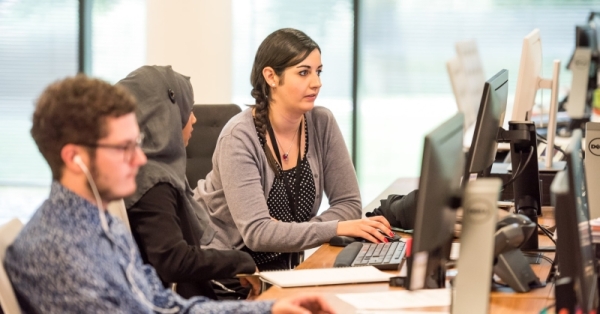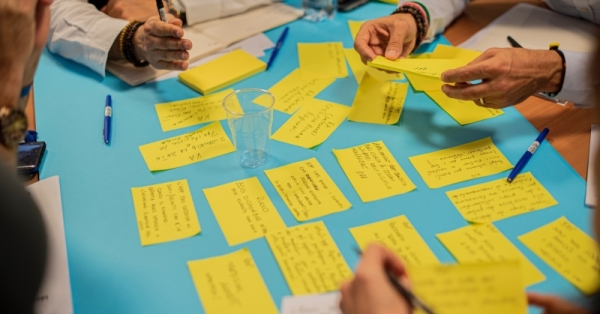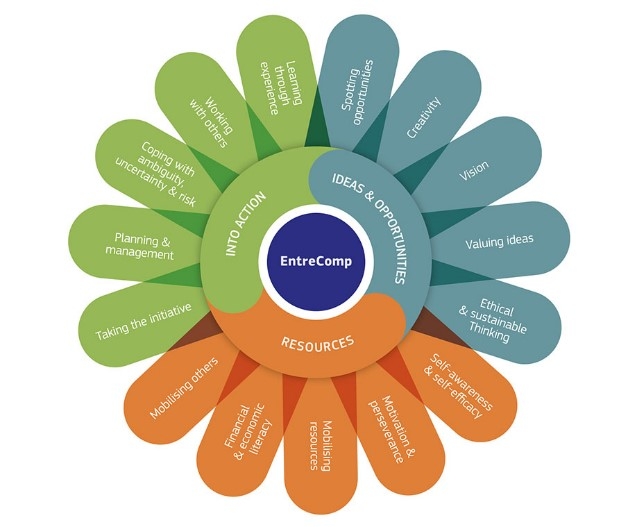How much are you, as a creative, aware of the role you have? Do you have the know-how and abilities to activate processes that could have an important social impact through culture? In this course, we will explore just that - how can your efforts be potentiated so that your community - and your projects - thrive.

This toolkit aims to support creative entrepreneurs, creatives interested in entrepreneurship, cultural operators, and artists in the development of creative entrepreneurial skills fostering economic and social success as well as the wellbeing of their businesses and entrepreneurial projects.
In this module, you will learn about:
- case studies and real-life examples
- entrepreneurial strategies and tools
- practical activities strictly related to creative entrepreneurial skills (including planning, management, vision)
- effective methods and creative processes such as the “creative interventions”
The arts and culture have always been key factors in boosting, expressing, and sharing changes in human lives and throughout human history, artists and culture have played key roles in permitting, allowing, or empowering a change to happen.
Moreover, arts, culture, and creativity foster a cross-sectoral engagement with other “non-creative” business sectors by transmitting values and skills (such as creativity, intercultural and social competencies) and motivating people to see, imagine, experiment, and activate processes of change in structured contexts.
Culture and creativity are a resource and a refuge for people in disruptive contexts such as the COVID-19 crisis and the lockdowns. By connecting humans with arts and culture as part of a process, they generate benefits for the spirit, the mind, and the body and a positive impact on individual and societal wellbeing.
This means that creatives, artists and actors of the CCIs need to be supported in developing and applying key skills, strategies, methods, and tools to become real “change enablers” and successful creative entrepreneurs.
When we talk about entrepreneurial competencies, we refer to those skills and abilities enabling entrepreneurs to innovate, create, and identify opportunities, strengths, and weaknesses. In other words, to be successful.
In 2018 the European Union defined the entrepreneurial mindset as the ability “to act upon opportunities and ideas and transform them into value for others. The value that is created can be financial, cultural, or social” (FEE-YE, 2011) (EntreComp framework)
The 3 areas have been labeled to stress entrepreneurship competence as the ability to transform ideas and opportunities into action by mobilizing resources. Each area includes 5 competencies (15 in total) making up the building blocks of entrepreneurship as a competence for all citizens. Each one is accompanied by a hint to put the competence into practice and a descriptor, which explains its core aspects.















